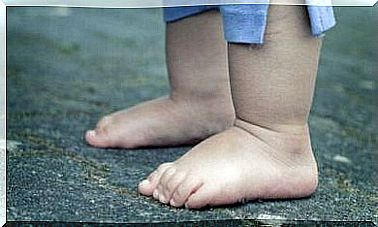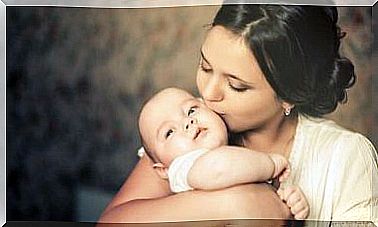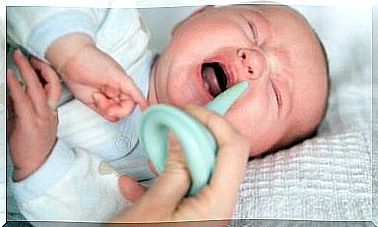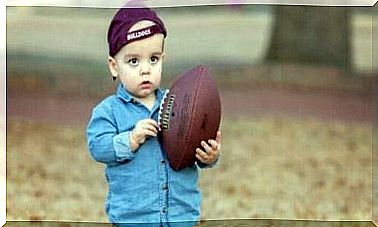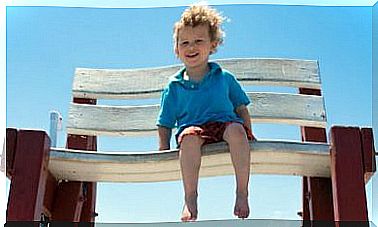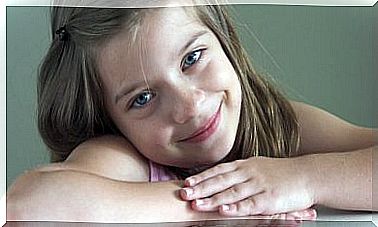8 Techniques To Help Children Deal With Anger
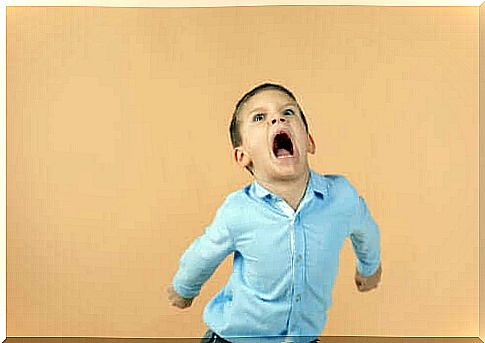
Anger is one of man’s primary emotions and is the one that causes irritability or rage in situations that we do not like or that cause frustration. And the same thing happens with children. Sometimes children feel anger so intensely that they are unable to control it. We are going to look at some techniques to help children deal with anger.
Anger is expressed in two ways in our body. On the one hand, we experience it internally, the heart rate and blood pressure rise, and so does the production of adrenaline. On the other hand, we express it externally through the expression change it produces in our faces, elevated tones, muscle tension, and so on.
In situations where children feel angry, they may shout, hit, throw objects or insult others. What can we parents do if our children act with anger? Let us try to give an answer to this.
Techniques to help children deal with anger
Anger is not a pleasant feeling for anyone, but we can not say that it is a bad thing as we can learn a lot from it.
It is normal that when children are faced with a particular situation that causes frustration, they feel anger. Parents should not invalidate that feeling with our words or behavior, as we are only making them worse.
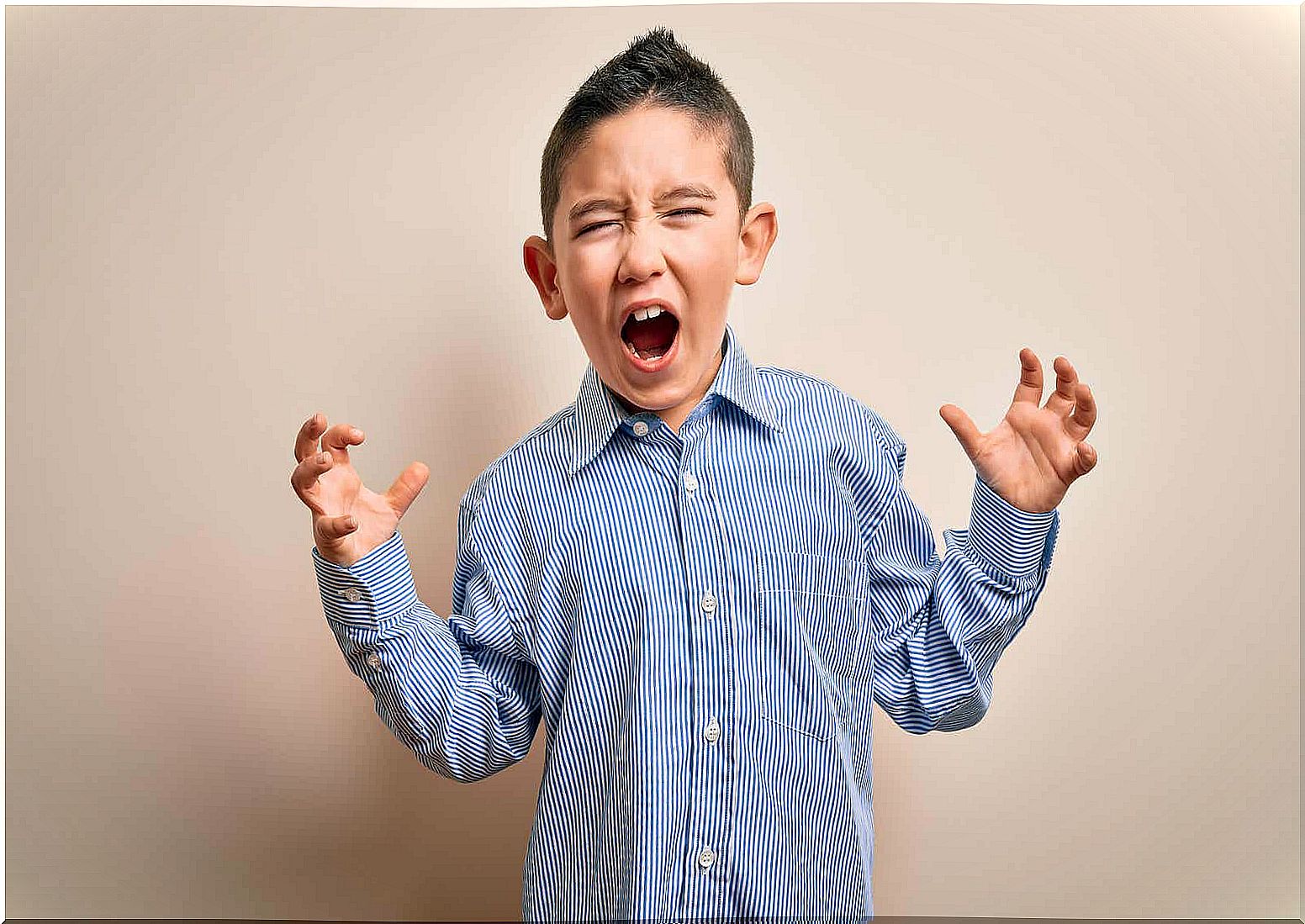
With that in mind, parents need to help children deal with anger, and we can do that using some techniques like the ones we will discuss below.
Helps recognize anger
When a child is immersed in anger, it is very difficult to talk to them, so we have to wait for this event to be over to have a conversation about what has happened.
We need to ask them why they reacted this way and how they feel after this episode. All of this is for the child to become aware of their emotions and know why they are experiencing them.
Keep calm and avoid shouting
Parents must be an example and we must not lose our composure, scream and shout, shake the child or slam the door. If we want the child to learn to manage anger, it must see an example of us to control the same emotion, even if there are situations where it is easy to lose patience.
We also run the risk that by reacting in an aggressive or violent manner, the child’s anger and tantrums will increase even more.
To teach children to act without anger
On many occasions, children react with anger because they do not have enough skills to control it. They do not know how to solve the problem they are immersed in. For this reason, we must teach them to:
- Find out what provoked that anger.
- Talk to them about what happened and explain to them that this way of acting is not appropriate and how they can act better another time.
- Help them look for solutions to future difficult situations.
- Reinforce the child when he reacts to a situation in a calm way.
Switch to another activity
Once the child begins to feel angry, we can help them by switching to another activity that is fun for them. This way we get them out of that state of frustration. For example, try the following:
- Tell stories while looking at pictures.
- Play a board game with the family.
- Watch a movie that they like a lot.
- Play with modeling wax and make figures.
- Make a calm jar and use it when he / she feels angry.
- Draw a picture while listening to music.
Get physically out of the situation
You can also try to physically remove your child from the situation that creates anger, with actions such as:
- Take a walk with dad, mom or both.
- Go out into the garden if you have one.
- Find a corner that brings calm and makes your child relax.
More techniques to help children deal with anger

Teaching of voltage release
Let’s look at some of the ways you can help children release tension:
- Sport. Sports are great for anger and stress management as they release endorphins that help provide a sense of calm and well-being. In addition, they consume children’s excess energy.
- Relaxation or breathing techniques. Children can use these techniques at any time, but especially at times when they feel angry as they help them calm down.
- Activities like yoga or mindfulness can also help.
Cultivate empathy to help children deal with their anger
It is very important to teach and encourage empathy in children so that they understand how others feel and know how to put themselves in the other person’s place. This is basic for them to deal with their anger. So we need to transfer this value to children from a young age.
Teaching strategies for self-control
We can show our children some techniques that help them have self-control when they feel angry, e.g. the traffic light technique.
With this method, we will indicate to the child, using yellow, red and green cards, whether they should stop, whether they should analyze what is happening and why they are behaving in a certain way, or so that they can express what they are feeling. .
In short, if it is sometimes difficult for adults to control their anger, then it is even harder for children. For they do not yet have control over their emotions. The younger a child is, the harder it will be for them to deal with this feeling. So these techniques to help children deal with their anger can be very helpful.
It is true that not all children respond to situations of anger. But if they do, the parents are responsible for teaching them to deal with this feeling. With patience and love, anything is possible.

